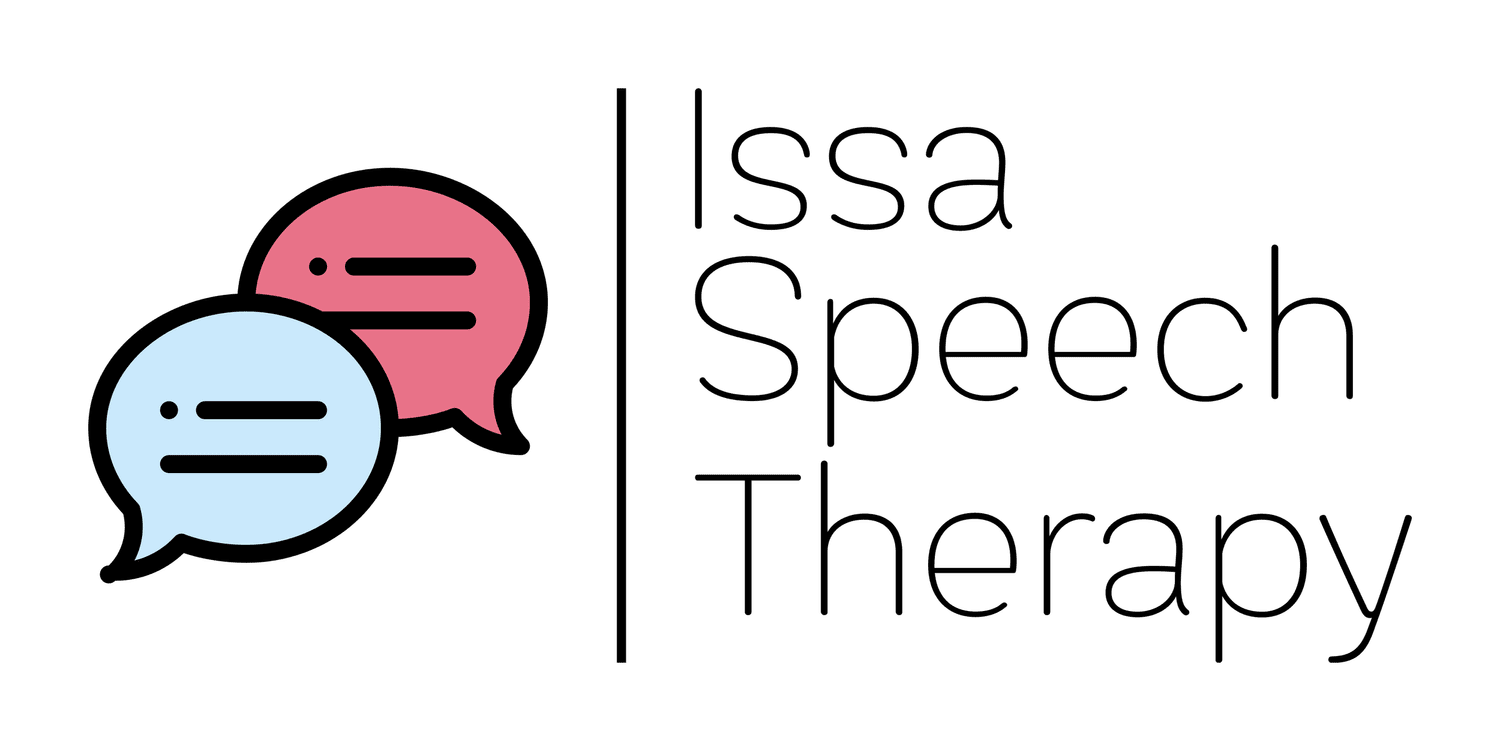
Social Communication Disorder
Causes, signs, and treatment of social communication disorder
What is a social communication disorder?
A Social Communication Disorder (SCD), also known as Pragmatic Communication Disorder, is a neurodevelopmental disorder that affects an individual's ability to use verbal and nonverbal communication skills effectively in social interactions
Causes
The exact causes of SCD are not fully understood, but research suggests that a combination of genetic and environmental factors may contribute to its development. Some children may have a higher risk of SCD due to a family history of communication difficulties or other neurodevelopmental disorders. It's important to note that SCD is not caused by a lack of intelligence or a result of a person's upbringing.
Signs
Signs of Social Communication Disorder can vary in severity and presentation, but they generally involve challenges in the following areas:
Social interactions: Individuals with SCD may struggle to initiate and maintain conversations, take turns appropriately, and understand nonverbal cues like body language, facial expressions, and tone of voice. They may have difficulty adapting their communication style to different social situations.
Understanding and using language: Children with SCD may have difficulty understanding and interpreting the meaning of words, jokes, or sarcasm. They may also struggle with using language effectively to express their thoughts, ideas, or emotions.
Nonverbal communication: Individuals with SCD may have trouble using appropriate gestures, facial expressions, and body language to enhance their communication. They may have difficulty understanding social norms, such as personal space or appropriate eye contact.
Treatment
The treatment for Social Communication Disorder involves a multidisciplinary approach that may include speech-language therapy, occupational therapy, and behavioral interventions. The primary goal is to help individuals develop effective communication skills and improve their social interactions.
Here are some common treatment strategies:
Speech-language therapy: A speech-language pathologist (SLP) will work with individuals with SCD to improve their communication skills. Therapy may focus on improving language comprehension, expressive language abilities, pragmatics, and social interaction skills.
Social skills training: SLPs, along with other professionals, can provide structured social skills training to help individuals with SCD understand social rules and expectations. This may involve teaching turn-taking, initiating and maintaining conversations, and interpreting nonverbal cues.
Individualized support: Collaborating with teachers, parents, and caregivers is crucial in developing individualized strategies to support individuals with SCD. This may involve creating visual supports, providing social stories, and facilitating structured social opportunities to practice newly acquired skills.
Environmental modifications: Making adjustments in the environment can help individuals with SCD feel more comfortable and supported. This can include creating visual schedules, using social scripts, or providing quiet spaces for breaks during overwhelming social situations.
Remember, each individual with SCD is unique, and treatment plans should be tailored to their specific needs. Early identification and intervention, along with ongoing support, play a vital role in helping individuals with SCD develop effective social communication skills and thrive in their social interactions. Please contact us here to provide further guidance and support.

